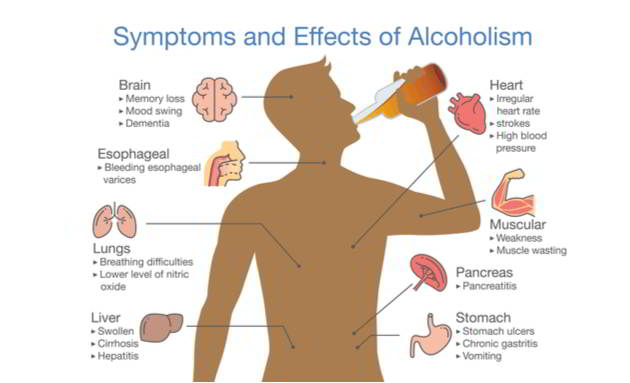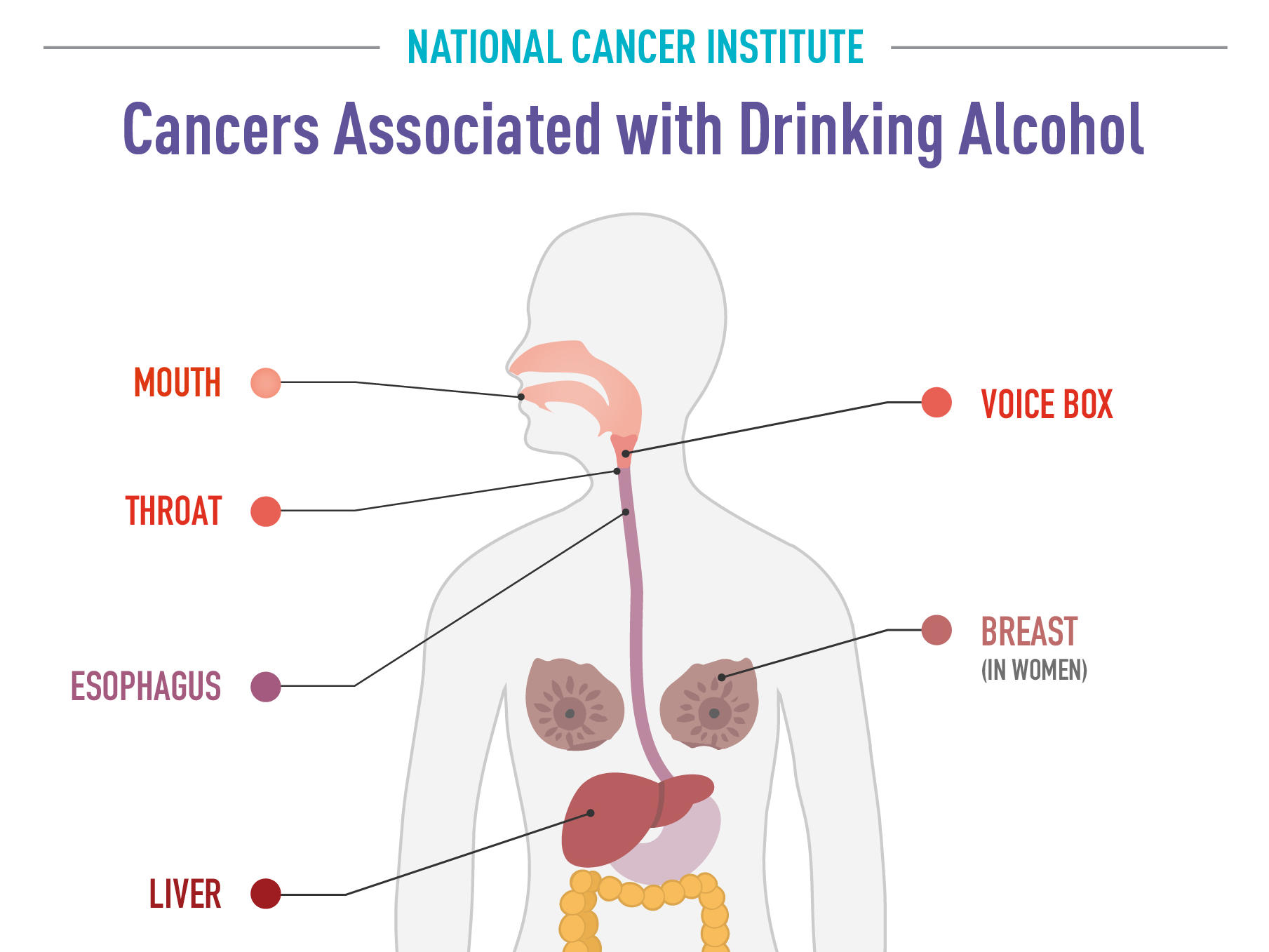
[Audio Player][Audio Player] [Registration Form] Headline: Alcohol Rehabilitation Linked to Reduced Risk of Cancer Study Findings: – A new study found that individuals with alcohol use disorder who undergo rehabilitation or maintain abstinence have a significantly lower risk of developing alcohol-associated cancers. – The study analyzed data from over 24 million French adults and found that alcohol dependence was strongly associated with various types of cancer, including liver, oral, and esophageal cancer. – However, rehabilitation treatment or abstinence was associated with a significantly reduced risk compared to alcohol dependence without those interventions. Expert Quotes: – Dr. Jürgen Rehm: “We were surprised by the magnitude of the effect of treatment interventions… Even periods of abstinence significantly reduce the risk of cancer and other chronic diseases.” – Dr. Michaël Schwarzinger: “Alcohol dependence remains a silent, terrible epidemic… especially given the average annual level of alcohol consumption in countries like France.” – Dr. Carina Ferreira-Borges: “This study highlights the importance of healthcare systems in reducing the risk of alcohol-related cancers… Countries could do more to protect their populations from preventable cancers.” Importance of the Findings: – The study emphasizes the effectiveness of alcohol rehabilitation and abstinence in reducing cancer risks. – It highlights the need for increased investment in rehabilitation and treatment services for alcohol use disorders. Additional Information: – The study was conducted by the Center for Addiction and Mental Health (CAMH), Bordeaux University Hospital, France, and the World Health Organization (WHO). – The findings were published in the journal Lancet Public Health.
Register listen to this article for free
Thank you. Listen to this article using the player above. 
Would you like to listen to this article for FREE?
Complete the form below to unlock access to ALL audio articles.
A new study conducted by the Center for Addiction and Mental Health (CAMH), Bordeaux University Hospital, France, and the World Health Organization (WHO) has found that individuals with alcohol use disorder who undergo rehabilitation or maintain abstinence are significantly less likely to developing alcohol. -associated cancers. The article, titled Alcohol rehabilitation and cancer risk: a nationwide hospital cohort study in France was published today in Lancet Public Health. It is the largest of its kind to provide evidence linking reduced or discontinued alcohol consumption to a reduced risk of all alcohol-attributable cancers, including liver and throat cancer.
The nationwide retrospective cohort study analyzed data from more than 24 million French people, all adults living in mainland France and discharged from hospital between 2018 and 2021. The researchers found that about 6.3 percent of men and 1.6 percent of women had alcohol dependence, which was strongly associated with alcohol-related cancers, including hepatocellular carcinoma, as well as oral, pharyngeal, laryngeal, esophageal and colorectal cancers, in both sexes. However, they also found that that rehabilitation treatment or a history of abstinence was associated with significantly lower risks compared to alcohol dependence without rehabilitation or abstinence. This underlines the effectiveness of treatment strategies in combating cancer risks associated with alcohol addiction.
Would you like more current news?
Subscribe Technology networks‘ daily newsletter, with which you receive the latest scientific news directly in your inbox every day.
Subscribe for FREE
“The research team was surprised by the magnitude of the effect of treatment interventions in this study,” said Dr. Jürgen Rehm, senior scientist at CAMH’s Institute for Mental Health Policy Research and senior author of the study. “We know that treatment for alcohol dependence is effective, but the fact that alcohol dependence is a relapsing chronic disease often makes us forget that even in relapse, periods of abstinence significantly reduce the risk of cancer and other chronic diseases.”
“From a public health perspective, our study highlights a disturbing neglect of alcohol dependence compared to other health issues in both research and policy priorities,” added lead author of the paper Dr. Michaël Schwarzinger, Department of Prevention, Bordeaux University Hospital. “As a result, alcohol dependence remains a silent, terrible epidemic in countries like France, especially given that the average annual level of alcohol consumption among adults in that country is more than twice the global average.”
“We know that the most effective strategy to reduce the overall burden of harm caused by alcohol, including cancer, lies through population-level policies – measures such as increasing alcohol taxes, reducing the availability of alcohol and banning or limiting marketing,” said Dr. Carina Ferreira-Borges, Regional Advisor on Alcohol, Illicit Drugs and Prison Health at the WHO Regional Office for Europe. “However, this study underlines that the response of healthcare systems is also crucial to reducing the risk of alcohol-related cancers. By increasing the accessibility of alcohol rehabilitation and abstinence interventions in healthcare, countries could do more to protect their populations from preventable cancers. We therefore call for increased investment in rehabilitation and treatment services for alcohol use disorders in France and other countries of the WHO European Region.”
Dr. Leslie Buckley, Head of Addictions at CAMH, emphasized the importance of these findings: “In Canada, hospital admissions for alcohol-attributable conditions exceed those for myocardial infarction, and many people face barriers to evidence-based treatment due to stigma and difficulties accessing personal care. Innovations such as virtual treatment can overcome these challenges by offering flexible and cost-effective solutions. At CAMH, we are researching fully virtual day programs that show promise and replicate traditional rehabilitation intensity without the need for physical infrastructure, reducing wait times and making treatment more accessible.
Given the looming increase in alcohol availability in Ontario, it is essential to consider how we can make treatment more accessible. Greater availability of alcohol will likely lead to increased consumption, and accessible virtual treatment programs could address this by providing critical care to those who need it.”
Reference: Hill C. Alcohol in France: room for improvement. The Lancet Public Health. 2024;9(7):e416-e417. doi: 10.1016/S2468-2667(24)00124-5
This article has been republished from the following materials. Please note: the material may have been edited for length and content. For more information, please contact the mentioned source. Our policy on publishing press releases is accessible here.





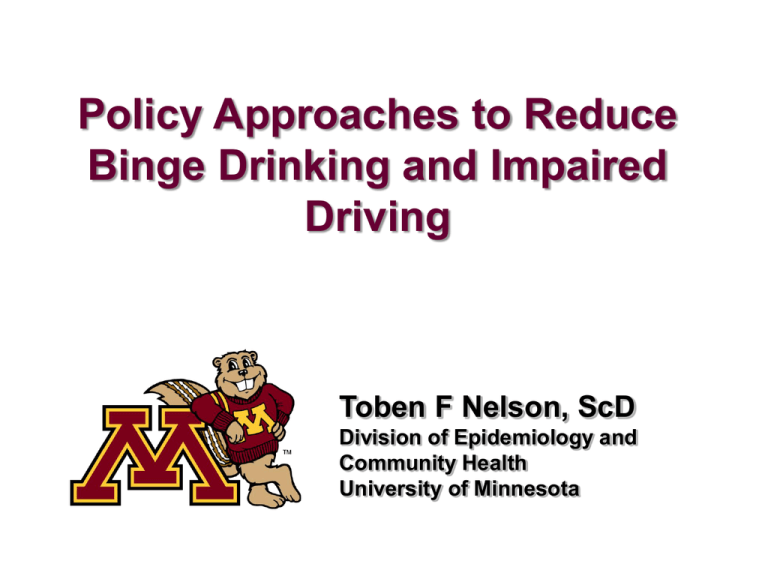

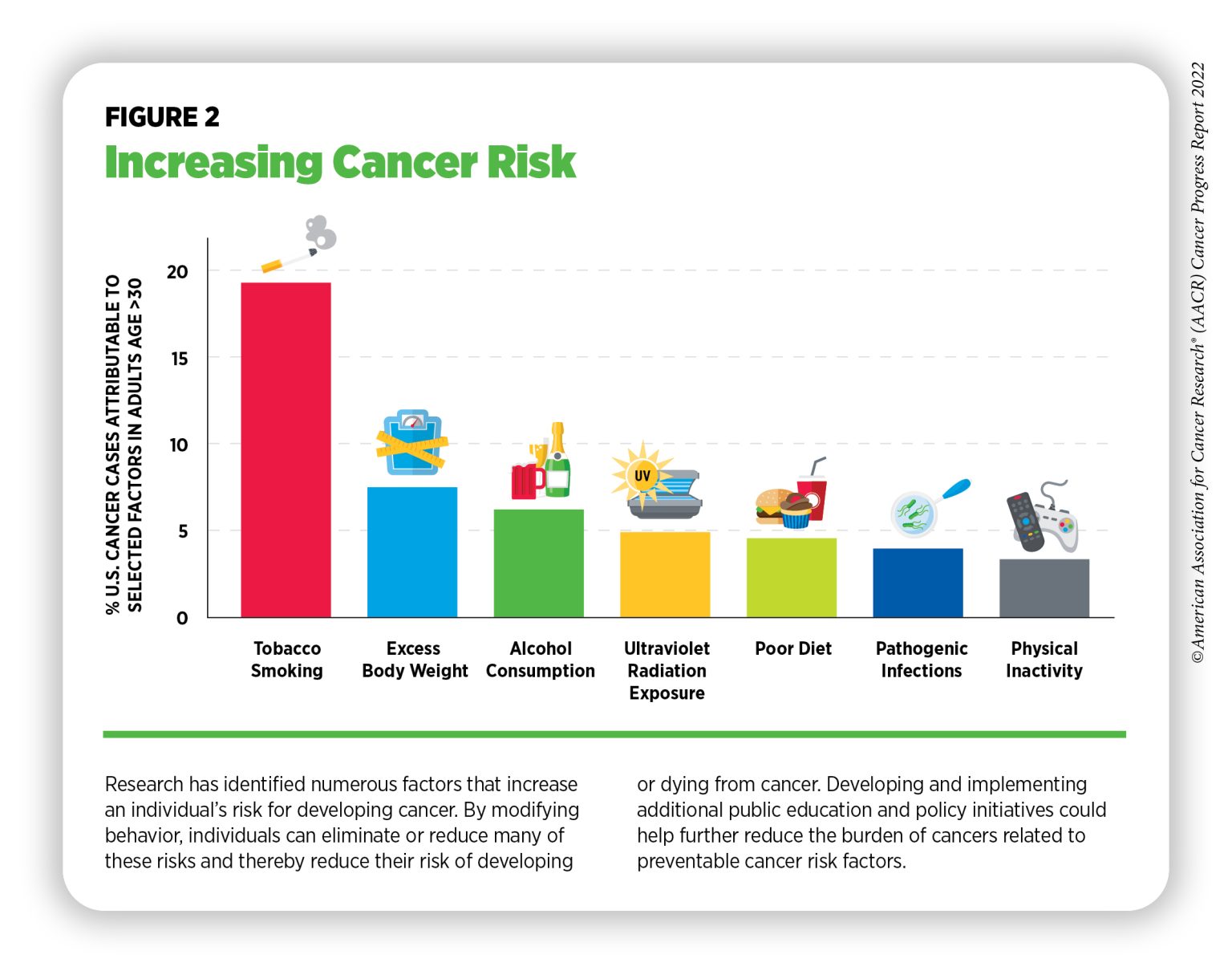

:%250A%250AAbstinence+from+Alcohol+for+Alcoholism.png)




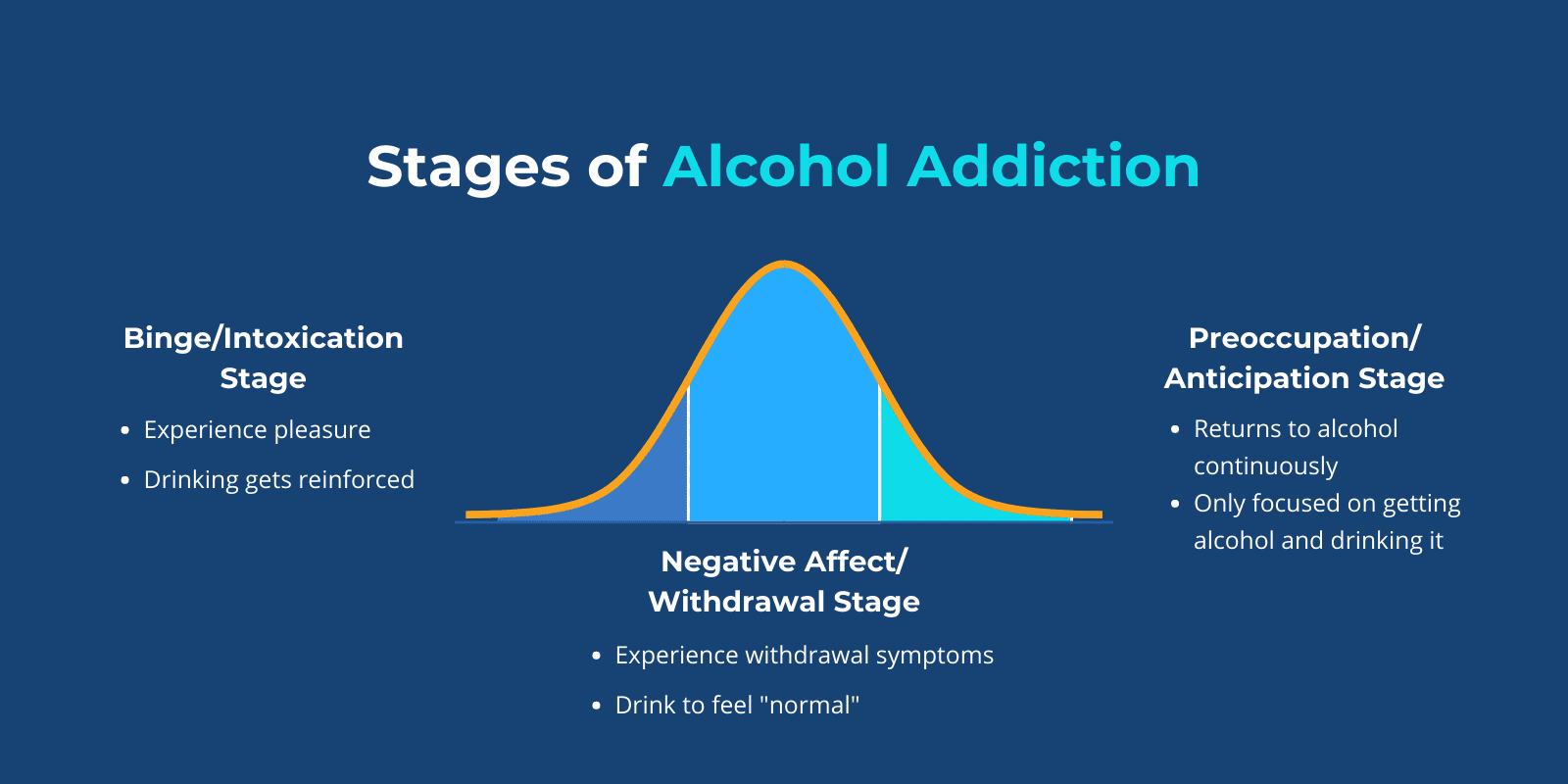
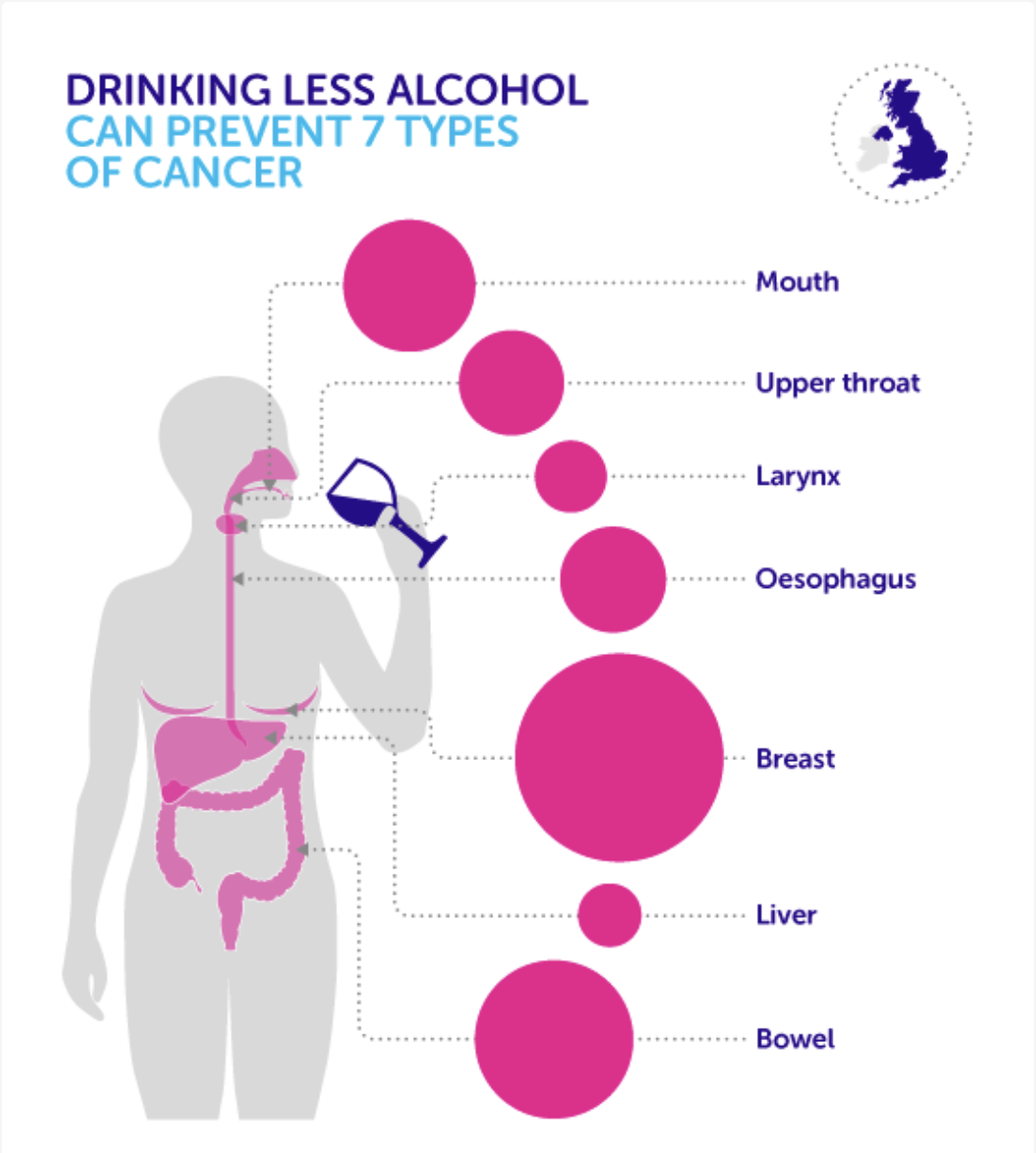


:upscale()/2022/08/03/674/n/1922729/tmp_lTjf63_bd44dfa9f8343fa8_PS22_Hub_ConditionCenter_Alcohol_MainImage.jpg)


